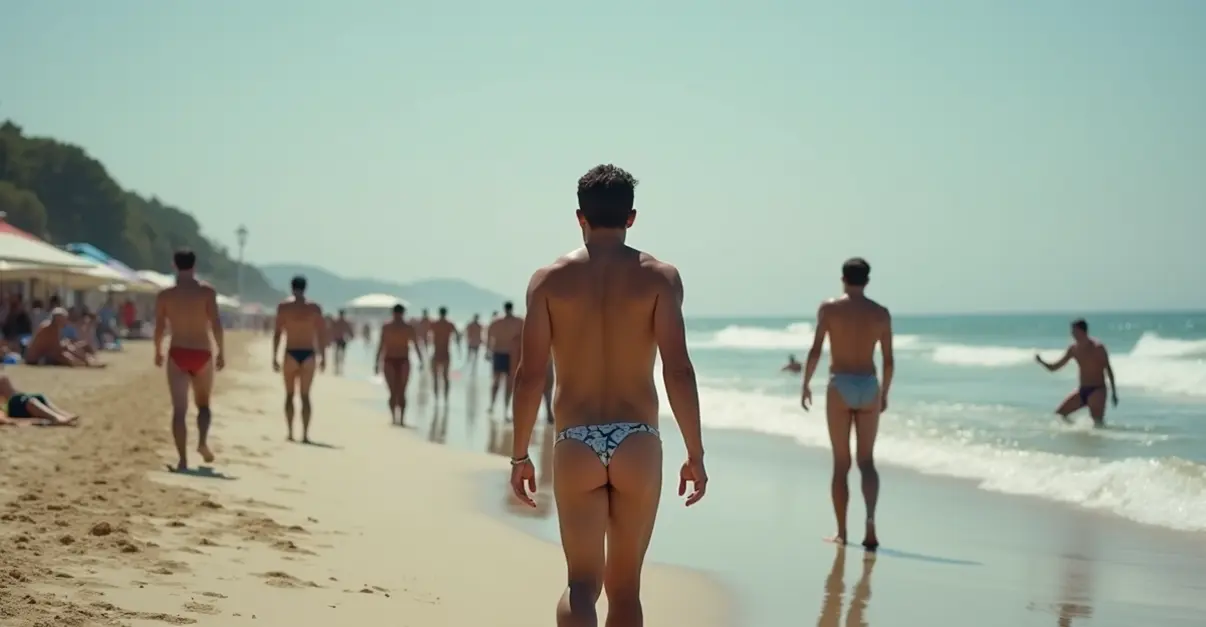
Germany's Historic Naturism Tradition Gets Legal Protection
In a move to preserve Germany's longstanding Freikörperkultur (FKK) tradition, authorities in Warnemünde along the Baltic Sea coast have implemented strict new regulations separating nude and textile beaches. The measures aim to protect the country's naturist heritage while addressing growing tensions between clothed and unclothed beachgoers.
Strict Separation of Beach Zones
Since early 2025, Warnemünde's coastline features clearly demarcated areas: one for traditional swimwear and another exclusively for naturism. On the designated FKK beach, clothing is now mandatory to remove, while the textile beach strictly prohibits nudity. This separation addresses frequent conflicts that have emerged as Germany's naturist culture faces modern challenges.
Historical Roots of German Naturism
The Freikörperkultur movement originated in the late 19th century German Empire as part of the broader Lebensreform (life reform) movement. Advocates promoted nudity as healthy exposure to light, air, and sun, contrasting with industrialized urban life. Despite Nazi restrictions on what they deemed "immoral" behavior, FKK flourished after World War II, particularly in communist East Germany where it represented individual freedom in a controlled society.
Changing Demographics and Modern Challenges
While Germany maintains some of Europe's most liberal public nudity laws, participation has declined significantly. The federal FKK association has seen membership halve over 25 years to approximately 34,000, though occasional practitioners number much higher. Younger generations show less interest, often citing body insecurity and smartphone privacy concerns.
"Smartphones are a real problem," explains regular naturist Manuela Fernandez. "When I'm here with my children and see someone with a phone, I speak up. Nobody wants photos ending up online."
Local Reactions and Cultural Significance
Regular visitors welcome the new regulations. "It's good to have a protected space for nudists," says Fernandez. "This makes it easier for people to try naturism." Fellow naturist Maik Johannsen appreciates the practical benefits: "You dry immediately, while swim trunks stay wet forever. On naturist vacation, I only need a small bag with few clothes."
The tradition remains strongest in eastern Germany, where DDR-era practices established deep cultural roots. However, changing social norms and privacy concerns continue to challenge this unique aspect of German beach culture.

 Nederlands
Nederlands English
English Français
Français Deutsch
Deutsch Español
Español Português
Português


